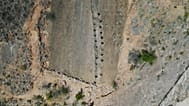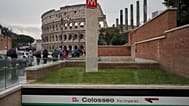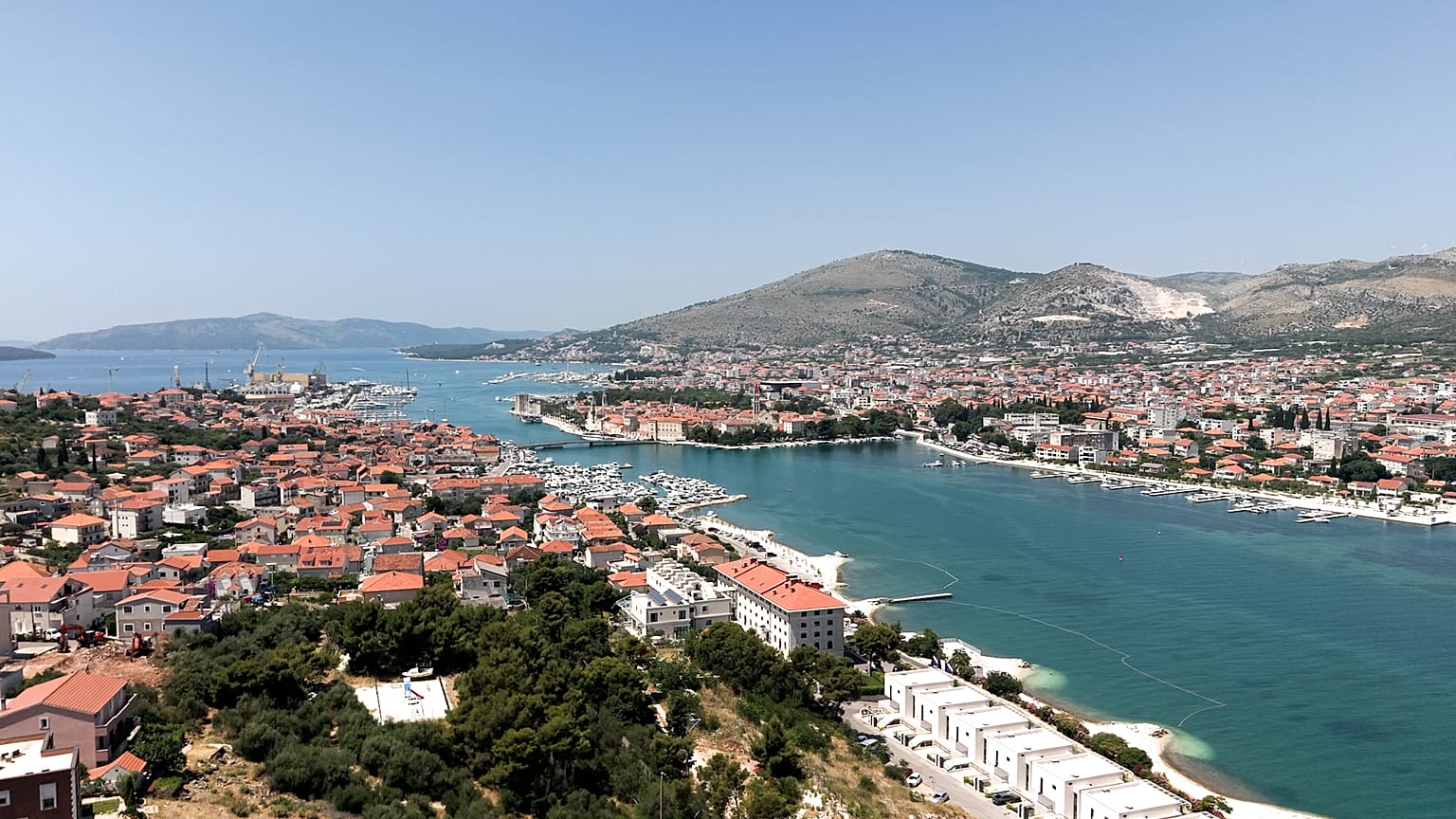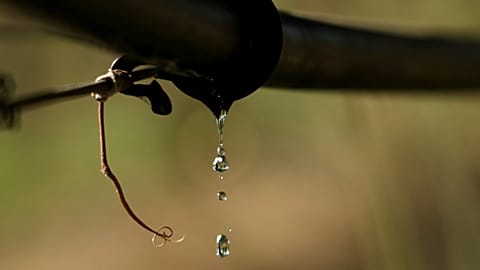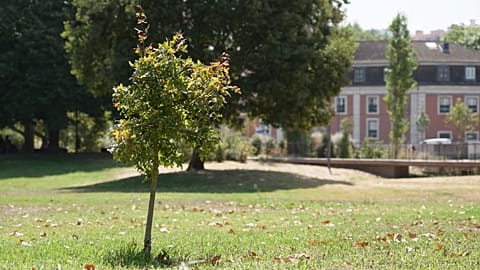With its turquoise waters and picturesque villages, the Croatian coast attracts millions of tourists every summer. But this authentic beauty is under threat from massive plastic pollution. Several towns and islands are taking action to limit its impact.
Zlarin, the 'zero plastic' pioneer
With its colourful houses, crystal-clear waters and peaceful harbour, the island of Zlarin in the Dalmatian archipelago is a perfect Instagram post. But this little paradise has also become a laboratory for sustainable tourism. Since 2018, residents, shopkeepers and local associations have signed a collective charter to eliminate single-use plastic.
Restaurants and shops have swapped plastic for paper, wood or reusable bags. According to the promoters of the ‘For a plastic-free Zlarin’ initiative, this has led to a significant reduction in plastic waste on the island.
The island aims to inspire its neighbours through the "Plastic Free Archipelago" project. It is supported by the Small Islands Organization (SMILO), which accompanies small islands in their ecological transition.
Trogir and Dubrovnik join forces with WWF
The medieval city of Trogir, a UNESCO World Heritage Site, has been participating in the Plastic Smart Cities programme launched by the international NGO WWF since 2021. The aim is to help coastal towns reduce their plastic pollution, particularly in summer, when waste levels increase by 40%, according to the NGO.
With the support of Croatian NGO Sunce, the municipality has banned single-use plastic in public buildings, saving around two tonnes of plastic a year. It has also set up a waste sorting centre and plans to offer reduced rents to shopkeepers who give up disposable plastics.
The city of Dubrovnik, made famous by the series Game of Thrones, is also committed to this programme, alongside other European cities such as Nice and Venice.
Krk, the "zero waste" island
Last year, the island of Krk, known as the "Golden Island" since ancient times, became the first Croatian island to receive the prestigious Zero Waste label from the Zero Waste Europe (ZWE) network. It is also the second island in the world to obtain this certification, after the island of Tilos in Greece.
Krk's seven municipalities (including Baška, Omišalj and Punat) have achieved some encouraging results, according to the label's auditors:
- 58% separate waste collection;
- 22% less household waste per capita than the national average;
- New high-performance infrastructure, including a composting plant, a sorting station and seven recycling centres.
Europe tests ambitious re-use schemes
Croatia is not alone. Several major European cities, including Paris, Barcelona, Berlin, Rotterdam and Aarhus, are taking part in the ReuSe Vanguard Project coordinated by Zero Waste Europe. The aim is to make reuse the norm for takeaway food and drink.
In Aarhus (Denmark), the partner project "Rotake Reusable" has installed 30 "Reverse Vending Machines" in the city. Customers drop off their reusable cups at these machines in return for a deposit of 5 Danish kroner (€0.43). The result: over 500,000 cups collected in less than eight months, with an 85% return rate.
Up to you this summer
According to a study by the IUCN (International Union for Conservation of Nature), human activities generate 229,000 tonnes of plastic waste in the Mediterranean every year. Macroplastics resulting from poorly managed waste account for 94% of the total accumulated plastic waste.
Are you going to Croatia this summer? Don't forget your water bottle and reusable bags. And if you go to Zlarin, Trogir or Krk, you'll be able to see what a future with less plastic might look like.

